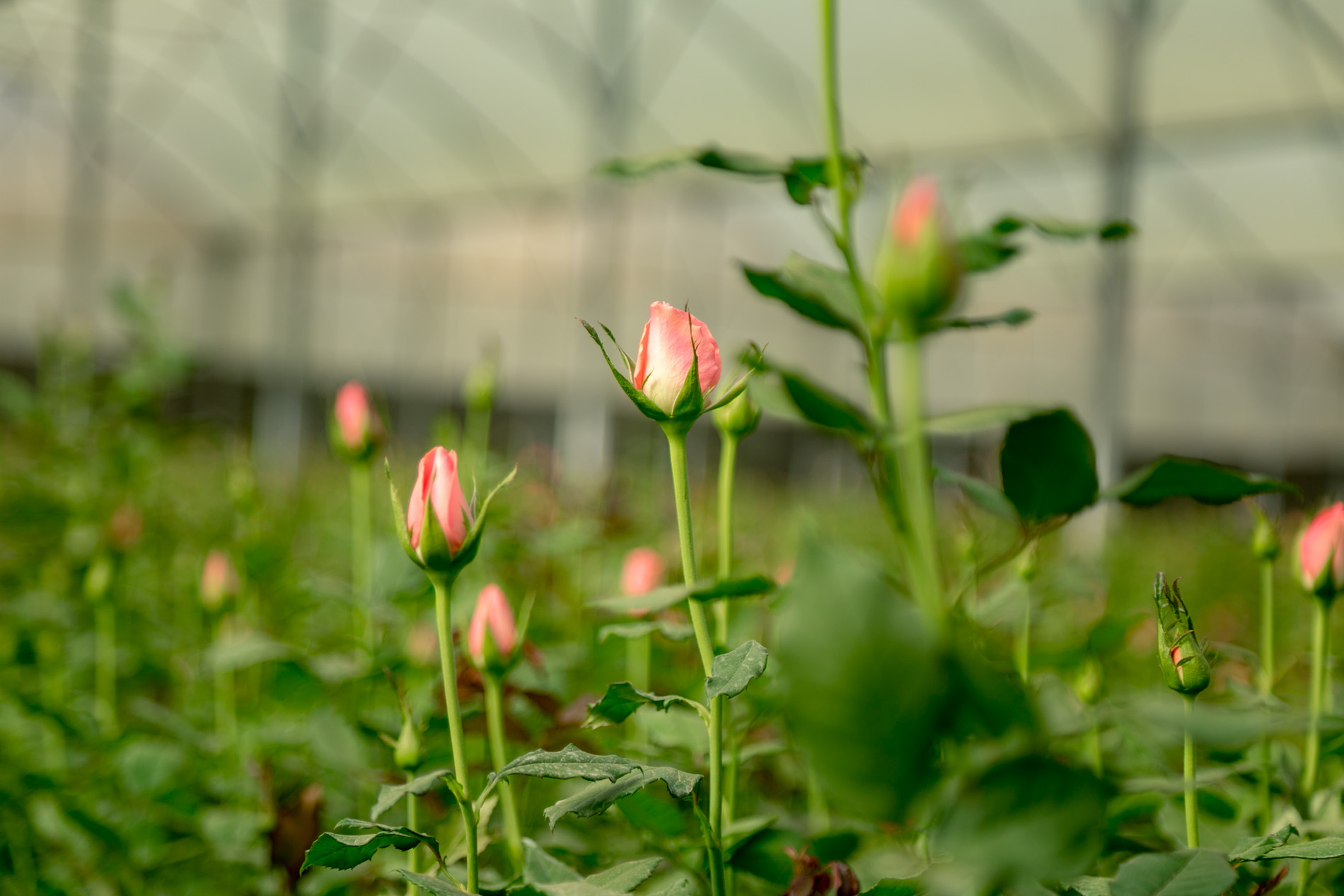Success story: strengthening women’s leadership and setting up gender committees in Rwanda
By Imungu Kalevera, Project Associate for the Women@Work Campaign at Hivos East Africa.
For the International Labour Organization (ILO), decent work lies at the “heart of social progress” and it is in this same spirit that Hivos under the Women@Work Campaign has engaged in partnership with Rwanda Women’s Network to implement ‘Women Leadership Project in the Horticulture Sector in Rwanda’, that has also seen the set-up of several successful gender committees that have worked to empower women farm workers.
The partnership between Hivos and Rwanda Women’s Network (RWN) was born out of a growing concern for the lack of gender equity and eliminating gender-based violence (GBV) within the country. GBV in Rwanda exists in all employment sectors, with the most common forms of GBV being sexually aggressive language and ‘sextortion’ (sexual exploitation in which abuse of power is the means of coercion) by senior staff. Despite the high levels of GBV (58.3% of women working in the private sector and 51.4% in the public sector) according to a 2010 research done by Transparency International Rwanda, there is a low reporting rate of only 56.2% due to fear of consequences and stigma in the workplace and a general lack of understanding of the scourge and evidence. With such a prevalence, it was important for employers to establish mechanisms that protect employees from all forms of GBV within the workplace.
Baseline assessment
To understand the situation in the horticulture sector better, Rwanda Women’s Network conducted a baseline assessment in October 2017 on the status of female employees at Bella Flowers ltd and Garden-Fresh ltd. The objective of the study was to assess gender equity and equality in the work environment, in particular looking at women’s position in terms of employment, involvement in leadership, equal opportunities and the fair treatment between men and women in the workplace.
The findings indicated that the farms did not have gender-sensitive workplace policies, organized structures and mechanisms that promote gender equality and decent work. The findings also indicated the need to strengthen the leadership capacities of women workers, their representatives and management in the horticultural sector in Rwanda. Additionally, the survey revealed that there were no platforms where workers could air out their grievances or concerns in addition to there being no clear facilitations of capacity building for women workers through skills development and/or leadership training.
Gender committees
Based on the outcomes of the baseline study, the Rwanda Women’s Network embarked on a Training of Trainers at both farms in February 2018. The training was based on the Women’s Leadership Curriculum (developed by Akina Mama wa Afrika and RWN) that covers several focus areas including gender and globalization, financial literacy and a session on labor rights administered in conjunction with the Rwanda Workers Trade Union Confederation (CESTRAR). As a direct result of these training, farmworkers were able to engage management and agitate for the setting up of gender committees.
Currently, RWN runs the Women’s Leadership Project in Rwanda’s eastern province districts Nyagatare, Gatsibo, and Rwamagana. In April 2018, the management at Bella Flowers and Garden-Fresh farms in Rwanda established gender committees to ensure that the needs and concerns of women workers are well represented, communicated and addressed. The role of the gender committees is to entrench gender equality within the workplace and addressing issues such as sexual harassment within the workplace and the involvement of women workers within decision making.
In collaboration with CESTRAR and Haguruka, Rwanda Women’s Network has been able to design and carry out an intervention that covers not only developing worker’s leadership skills but also empowering them with an understanding of labor rights and legal literacy. The gender committees born out of this intervention continue to cascade information and reach other workers in addition to providing a mechanism for grievance redress and passing on worker’s views to management.
Success of the gender committees
The work of these gender committees has already yielded encouraging results evidenced by Bella Flowers engaging an internal consultant to develop gender-sensitive policies and mechanisms. Such guidelines will help to adequately address issues male and female workers face based on their specific needs and concerns such as sexual harassment, unequal/unfair treatment based on gender and infant and child care at the farm. Success stories such as these continue to be reported monthly by the gender committees. Hivos – through the partnership with RWN – has not only provided financial resources but training tools as well that have gone a long way in realizing this impact.
Looking forward, it is the hope of all stakeholders within the partnership that the gender committees and policy changes go well beyond the life of the project. Already, farms within Rwanda’s young horticulture industry are pursuing Fairtrade certification and this will form part of the lasting structures to entrench gender equality and fair labor practices within the farms. This will ensure that individuals such Antoinette and Emmanuel (quoted here below) continue to reap the benefits of a dignified, safe and fair workplace. Hivos and its partners continue to be committed to ensuring workplaces are safe and gender-just.
“I have learnt to trust myself more, and I know going back I will be more confident in expressing my thoughts. The fact that I am able to stand in front of people I don’t know and share my story makes me very proud.” Mukasakindi Antoinette, Production Manager, Green Best
“I am very proud to have been able to participate in this same training last year and able to take part again this year. Comparing my growth from then and now has been a great feeling. The sessions are the same, but the learnings are different with a new group and I thank RWN for making us a priority.” Emmanuel, Supervisor, Bella Flowers Rwanda.
(quotes are translated)




